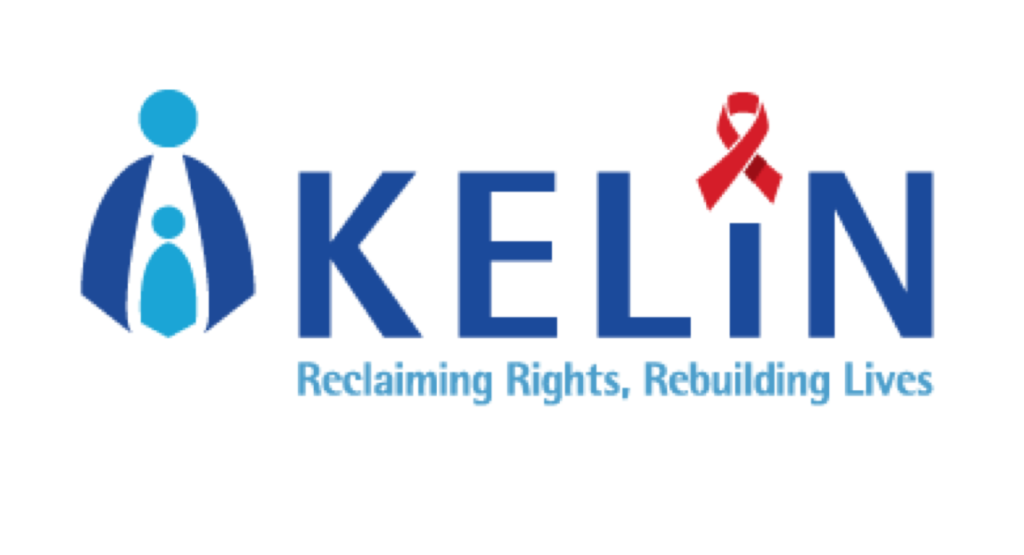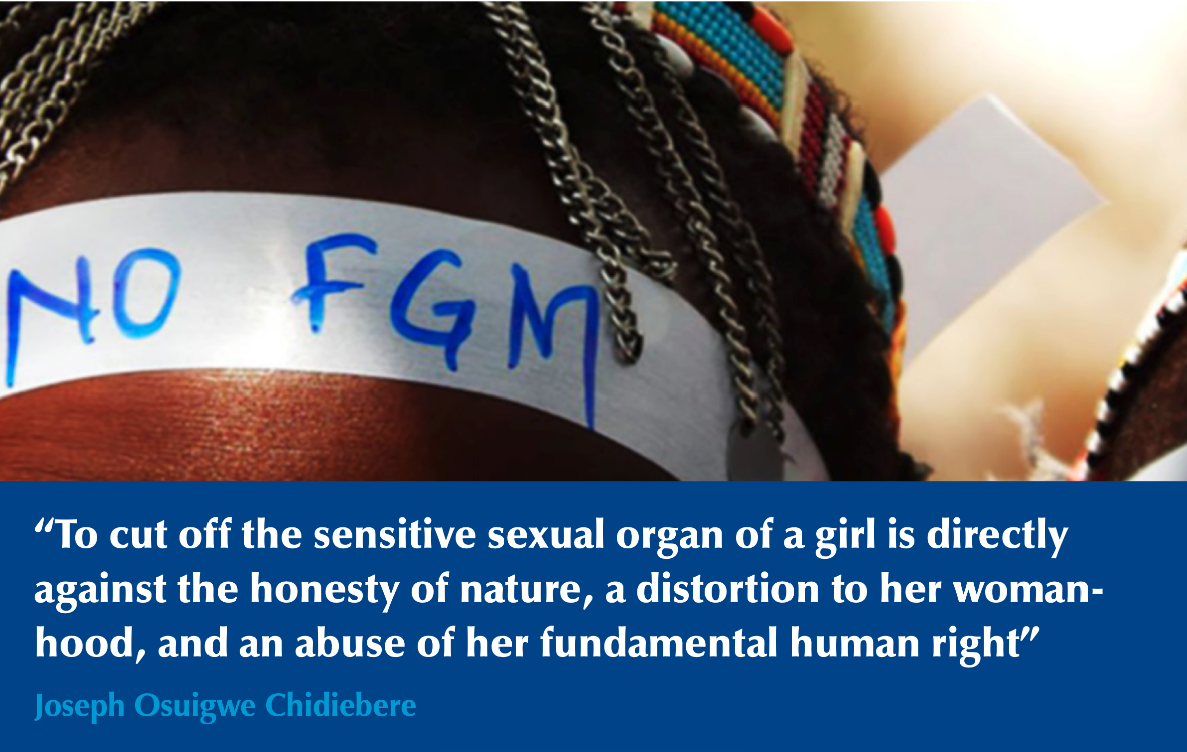Blog Article by Trevor Mwangi, Associate at KELIN
In a notable legal dispute concerning Front-of-Pack Labelling (FOPL) requirements for soft drink products in Kenya, a recent ruling by the Court of Appeal favoured consumer rights. The case centered around the absence of crucial nutritional information, email contacts, and storage directions on glass bottles compared to plastic bottles of the same product. Nairobi Bottlers Limited, the appellant, contested the legislation mandating the provision of nutritional information, while the petitioner, Mark Ndumia Ndung’u, argued for consumers’ rights to essential product information. Let’s briefly acknowledge the key aspects of the case and the court’s decision and explore its implications for all stakeholders.
Summary of the Case:
On January 30, 2018, the Nairobi High Court (Constitutional and Human Rights Division) delivered its judgment in Nairobi High Court Constitutional Petition No. 325 of 2018. The petitioner was Mark Ndumia Ndung’u, and the first respondent was Nairobi Bottlers Limited, with M/s Coca Cola Central, East & West Africa Ltd as the second respondent.
The petitioner contended that the labelling on glass Coca Cola soda bottles lacked vital information, thereby violating consumer rights. The appellant opposed the petition, arguing that necessary information was provided on the bottle caps and that the Consumer Protection Act regulated information.
Learned Judge J.L Onguto ruled that Article 46 of the Constitution guarantees consumers access to products of reasonable quality and the information necessary for them to fully benefit from goods and services. It also ensures the protection of consumers’ health, safety, and economic interests. Thus, the court agreed with the petitioners that there was an obligation to provide consumers with such information, particularly those concerned with health, diet, medical conditions, or specific dietary needs.
On appeal, the Court of Appeal sided with the petitioner, declaring the omission of nutritional information, email contacts, and storage directions on glass bottles as discriminatory. The court emphasized consumers’ right to access essential product information and adopted a purposive interpretation of the Consumer Protection Act, highlighting that constitutional rights should protect individuals and minorities from unfair treatment.
The court further emphasized that nutritional information on labels should enable consumers to compare products and make informed decisions, preventing deception and promoting improvements in food products. The second respondent, Coca Cola Central, East & West Africa Ltd, was deemed a supplier subject to obligations outlined in the Consumer Protection Act.
This ruling signifies a step towards aligning with the Global NCD WHO Strategic Plan 2013 – 2030, where the United Nations Sustainable Development Goals aim to reduce premature deaths from NCDs by a third by 2030. However, only a few countries are currently on track to achieve this objective.
In light of the above, Kenya Legal & Ethical Issues Network on HIV & AIDS (KELIN) warmly welcomes the ruling, emphasizing the significance of warning labels to enable consumers’ access to vital information. KELIN recommends that the government strengthen nutrition labelling requirements through regulations, collaboration with stakeholders, and consumer education about the benefits of front-of-pack labels.
Conclusion:
The Court of Appeal’s verdict represents a significant triumph for consumer rights in Kenya. By upholding and enforcing Article 35 and 43 (1) (a) of the Constitution, which calls for comprehensive nutritional information on beverage labels, the court has taken a crucial step towards ensuring consumers’ access to vital information, promoting transparency, and empowering them to make informed choices about the products they consume.


